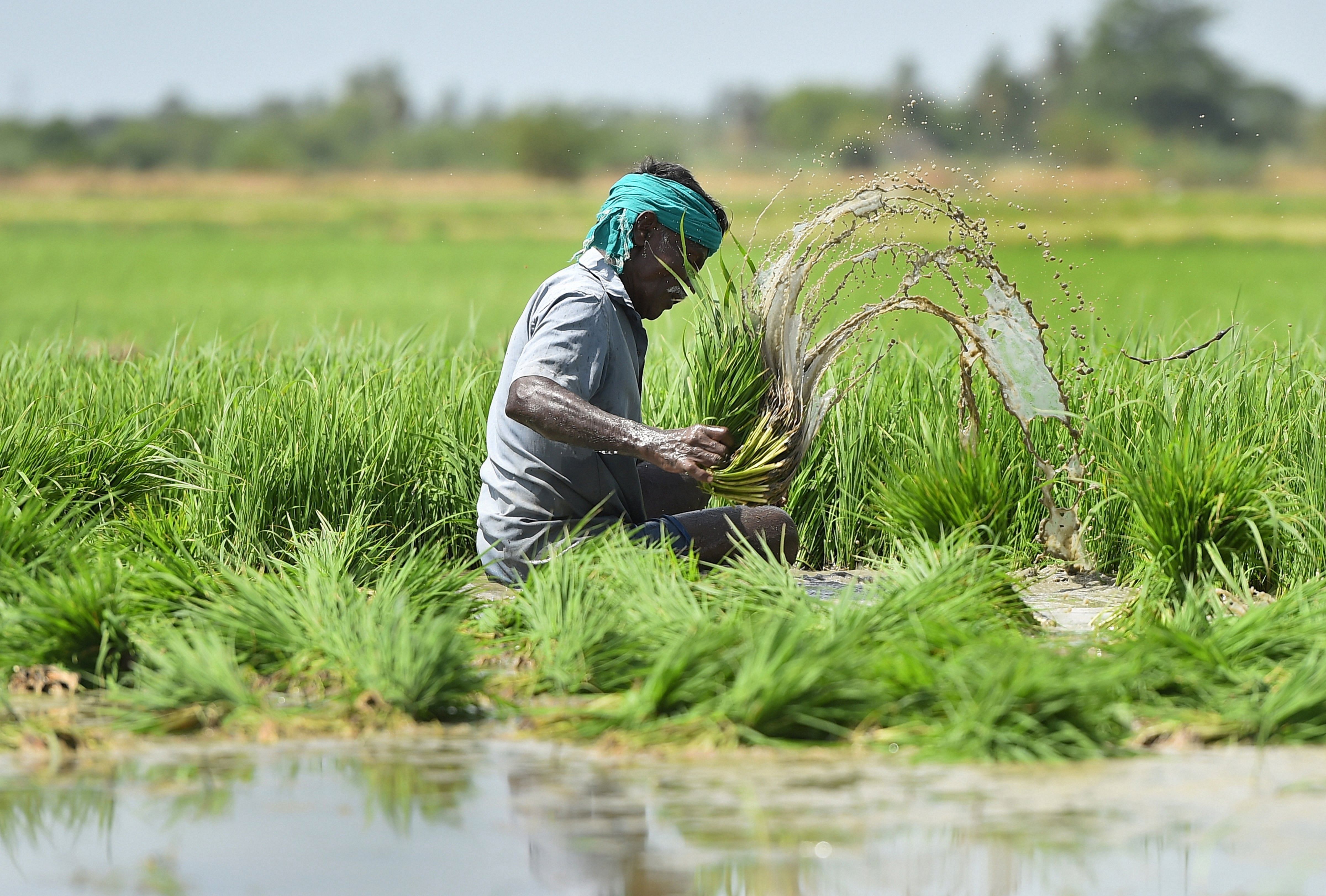
The travails of the farmers in the context of the new farm laws passed by the Centre have the entire country worried as farmers are our ‘Annadatas’ and if they suffer, all are bound to suffer too. What possibly is the genuine way to help them survive?
One story from 1946 probably shows us the way. Back then, there was a strike by dairy farmers of Kaira in Gujarat, very similar to the farmers’ protests happening currently. The story goes that Polson dairy in Anand, Gujarat, had complete rights to supply milk to then ‘Bombay’ under the Bombay Milk Scheme. Polson allegedly procured milk from farmers at very low rates to sell to the Bombay government.
The dairy farmers objected to the arbitrary fixing of the price of milk by Polson dairy and the share taken by the middlemen. The dairy farmers asked the government for permission to set up a co-operative with their own pasteurisation plant and also demanded that the government buy milk directly from their union. When the government turned down these demands, the farmers decided to go on a ‘milk strike’ and suspended milk supply to Bombay, which went “without a drop of milk” from Anand for 15 days.
The government capitulated after this resilient show and officially recognised the Kaira Union as the milk supplier to Bombay.
Thus, with the setting up of the Kaira District Co-operative Milk Producers’ Union, began the co-operative movement of small dairy farmers in Gujarat. In 1949, Verghese Kurien, later known as the ‘Milkman of India’, took charge of the co-operative movement and revolutionised the Indian dairy industry. Kurien’s simple method was that of offering lakhs of small dairy farmers the Anand pattern of having a dairy co-operative society at the village level federated at the district and state levels for collecting, procuring, processing and marketing milk and milk products, now well-known under the brand name, ‘Amul’.
This successful co-operatised model replicated nationally through ‘Operation Flood’ gave us our own ‘Nandini’ brand in Karnataka. This enabled India to become one of the world’s largest producers of milk today.
The successful model of ‘Amul’ is before our very eyes. Why is the government not helping the 85% small farmers growing food crops co-operatise themselves and gain bargaining power in similar fashion which will lead to their prosperity, similar to that of the dairy farmers? Can the current protesters too demand the government’s support for this? Instead, the three new farm laws are placing the small farmers at the mercy of corporates, similar to Polson dairy.
Experts have pointed out that what the small farmers growing food crops lack currently are mandis within accessible distance, like the village-level milk collection centres. This deficiency forces them to sell to middlemen at prices lower than the MSP as it is uneconomical for them to transport their small output to the few and distant APMC yards.
It is only by forming unions with other small farmers, like the dairy farmers, that they can achieve the economies of scale needed to transport their produce from the villages to district procurement centres, and market their products at state level.
They also need to gain bargaining power by collectively building cold storage godowns and warehouses to store their excess produce until prices improve and also set up food processing centres which convert their unsold or perishable produce into value-added products, so that they need not dump them on the highways when they fail to get remunerative prices.
The BJP manifesto
However, one is hearing nothing of this from the government. But, one will be surprised to know that the BJP manifesto for the 2019 elections had promised the same and had nothing about the three farm bills! It says: “We recognize the role co-operatives and Farmer Producer Organizations (FPOs) can play in ensuring better market linkages and opportunities in the agricultural sector and we are committed to support and strengthen them. We will enable the creation of 10,000 new Farmer Producer Organisations (FPOs) by 2022 to ensure economies of scale for farmers regarding access to inputs and markets.”
The manifesto goes on: “We will build an efficient storage and transport mechanism for agriculture produce. To enable the farmer to store the agri-produce near his village and sell at a remunerative price at an appropriate time, we will roll out a new Village Storage Scheme of agri-produce.” The manifesto further says, “Our Pradhan Mantri Krishi SAMPADA Yojana highlights our focus on warehousing as a means of increasing farmers’ income.”
Why then has the BJP, which came to power on the basis of this manifesto, passed three laws which were not there in that document and are the total opposite of what they had promised? The new laws do mention FPOs in passing. But the state’s role in supporting and incentivising the efforts of the farmers to form FPOs and build the necessary collection, transportation, storage and processing infrastructure owned by the farmers themselves is nowhere mentioned.
Hence, it will not be the FPOs but the corporates who will procure the farmers’ produce at the village level at prices that they will set. The corporates will build the storage godowns and hoard as much produce as they can until they can sell it at a price that is profitable for them. Is the manifesto then the usual “jhumla”? And if the corporates are sure of giving higher prices than the MSP, why not make MSP the minimum price for all trade?
Instead of helping small farmers gain “Atmanirbharta” by implementing the promises made in the manifesto, the new laws are promoting the ‘Sarkari Nirbharta’ of the corporates by helping them become the new middlemen who will merely replace the cartelised middlemen in the APMC mandis.
(The writer is Executive Trustee of CIVIC Bangalore; she was a member of the state’s Committee on Sustainable Development Goal-2 on ‘Ending Hunger’)